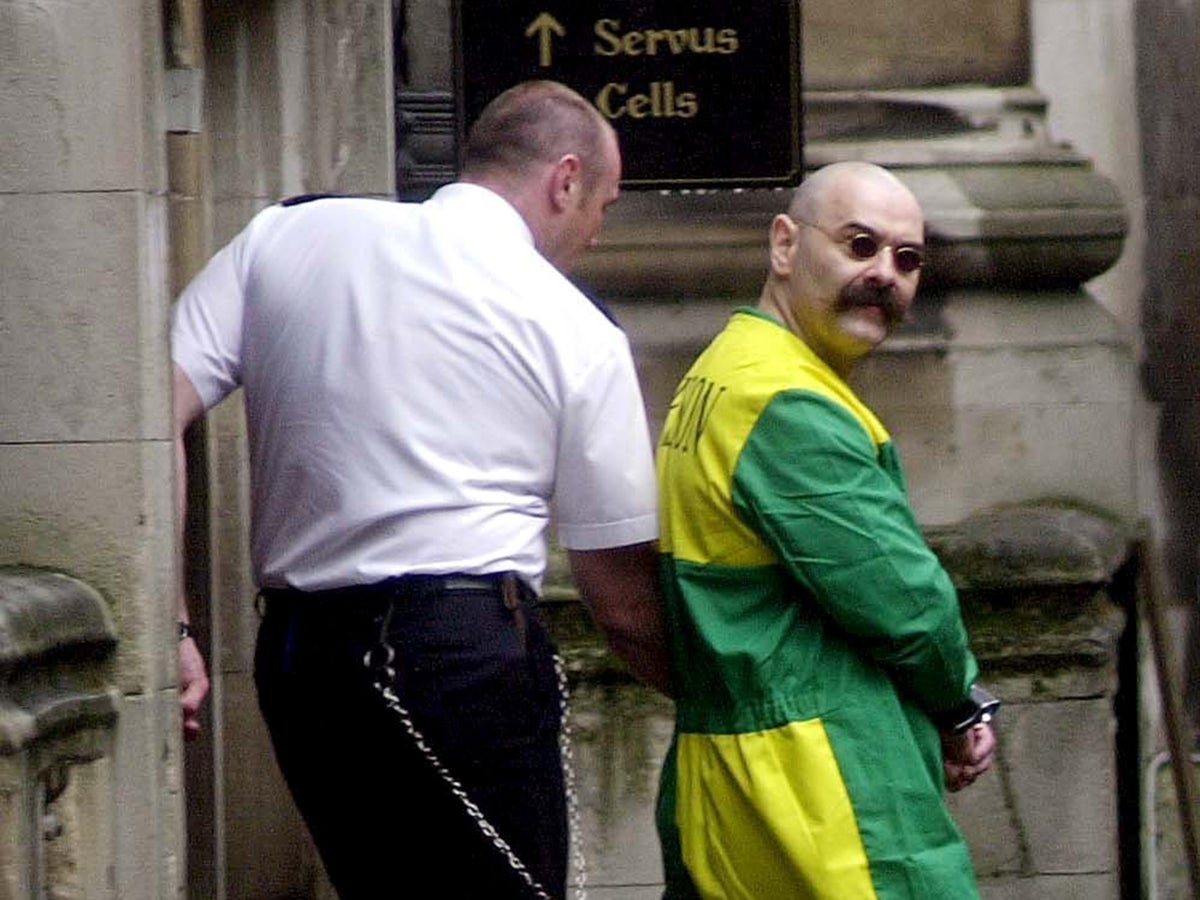
Charles Bronson, one of the UK’s longest-serving prisoners, will remain behind bars after being denied release by the Parole Board.
The 70-year-old, dubbed one of Britain’s most violent offenders, made his latest unsuccessful bid for freedom in a three-day hearing at the beginning of March, having spent most of his life locked up.
Below we look at the life and crimes of one of the country’s most notorious jailbirds.
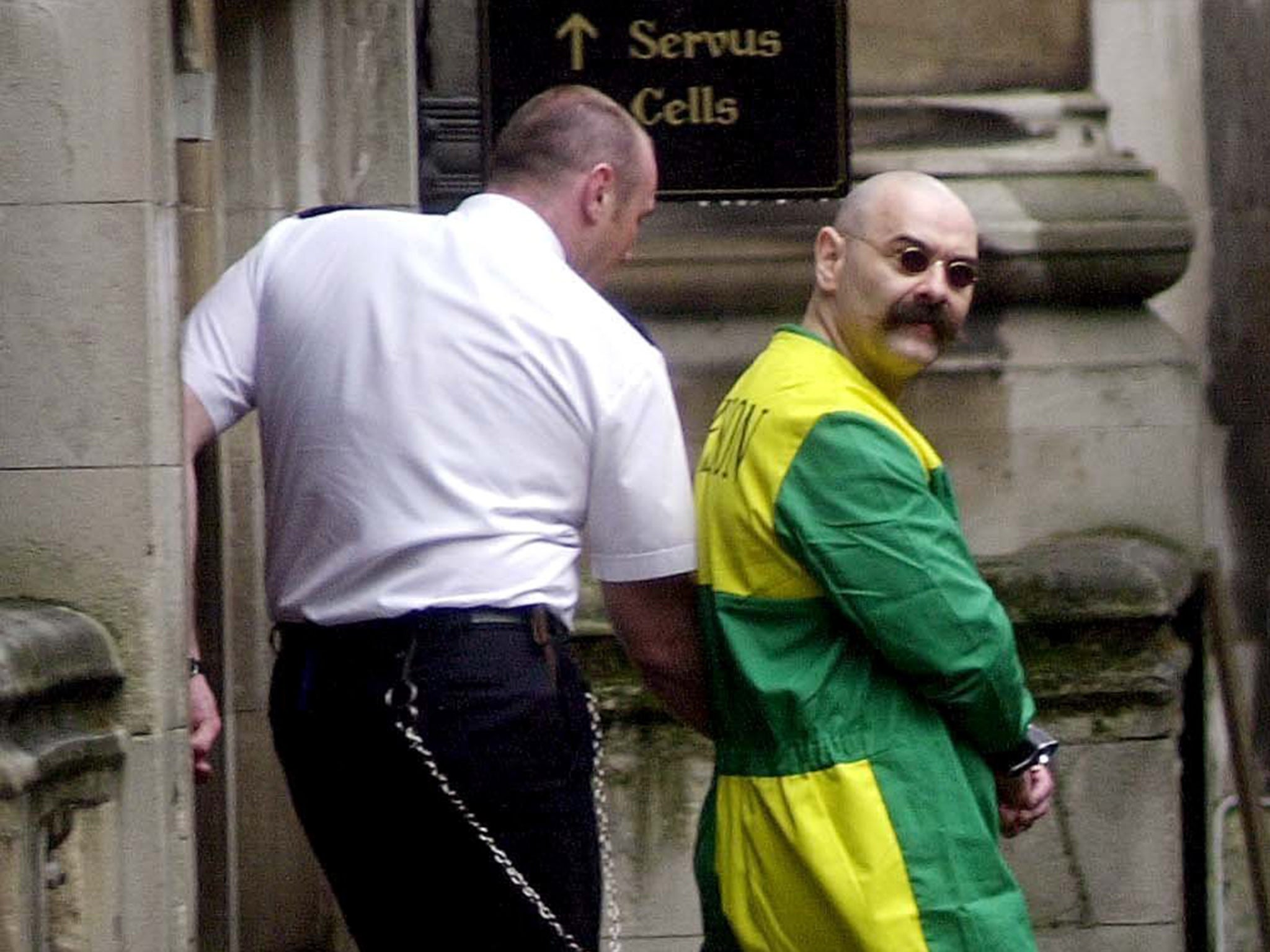
Bronson was born in 1952 into a politically-minded family. One of three boys, in 2000 his aunt Eileen Parry told the BBC: "As a boy he was a lovely lad. He was obviously bright and always good with children. He was gentle and mild-mannered, never a bully; he would defend the weak.”
His family moved to Cheshire when Bronson was a teenager - and this is where his life of crime began, according to his aunt.
Bronson - who has previously been diagnosed with anti-social personality disorder - was first convicted way back in 1974. Aged 21 at the time, he was jailed for seven years for robbery, aggravated burglary, assault with intent to rob and possession of a firearm.
He has since spent most of the following 48 years behind bars. The prisoner has committed a string of thefts, firearms and violent offences, as well as 11 hostage takings. Victims included governors, doctors, staff and, on one occasion, his own solicitor.
During his two brief periods of freedom, he reoffended.
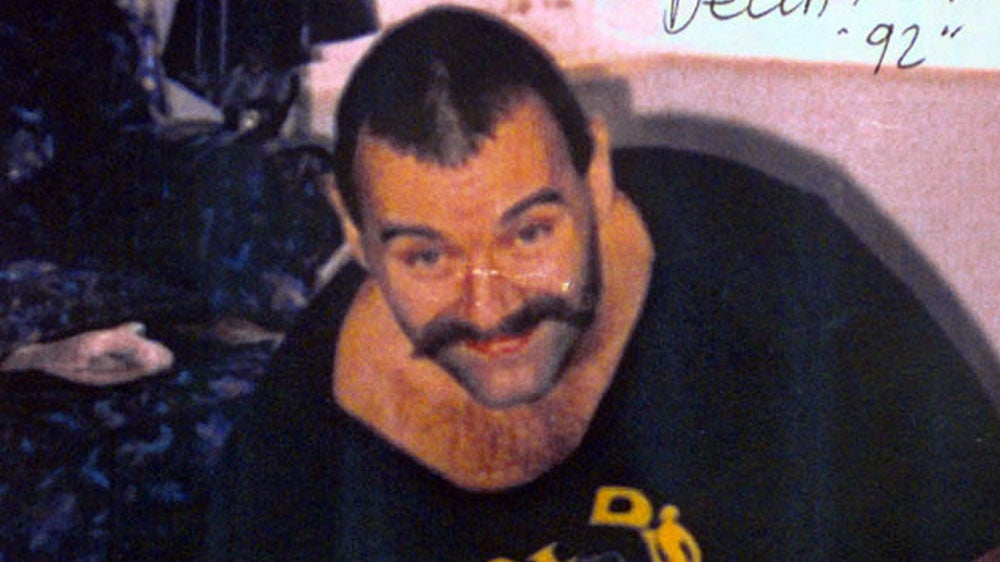
He was handed a discretionary life sentence with a minimum term of four years in 2000 for taking a prison teacher at HMP Hull hostage for 44 hours. Since then, the Parole Board has repeatedly refused to direct his release.
Bronson has been moved to several different prisons following his violent attacks. In 1978, after he attacked a prison officer and also attempted to take his own life, he spent a stint at Broadmoor Hospital due to psychiatric concerns.
The inmate is now at HMP Woodhill in Milton Keynes, Buckinghamshire, and is said to pass the time by listening to the radio and creating art. He is even launching an exhibition soon, with his work set to go on sale for thousands of pounds.
Bronson’s real name is actually Michael Peterson. The 70-year-old changed his name in the 1980s as an alias dreamed up when he went into boxing – something he claims he was encouraged to do by notorious east London gangsters Ronnie and Reggie Kray with whom he said he served time.
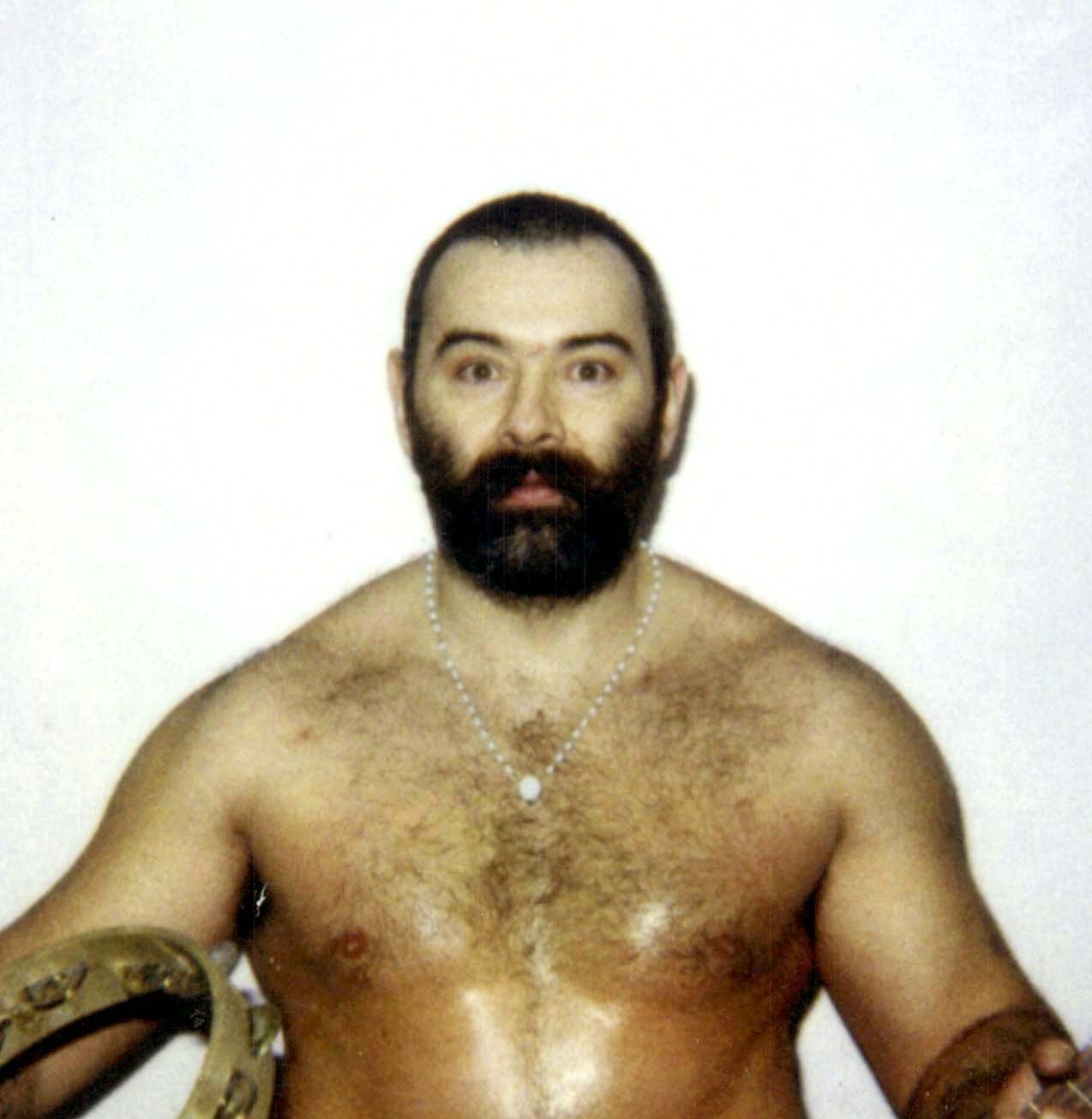
He changed his name for a second time in 2014, when he adopted the surname Salvador to represent that he was a man of “peace”.
Bronson has married twice behind bars. In 2001, he was wed in HMP Woodhill to Fatema Saira Rehman, who worked as a translator in Luton.
The Bangladeshi-born divorcee had started a written correspondence with Bronson after seeing a picture of him in a newspaper, and reportedly visited him nine times prior to their wedding. The pair divorced four years later.
Then in November 2017, Bronson was married again, this time in HMP Wakefield, to Paula Williamson, who had previously appeared in Coronation Street, Hollyoaks and Emmerdale.
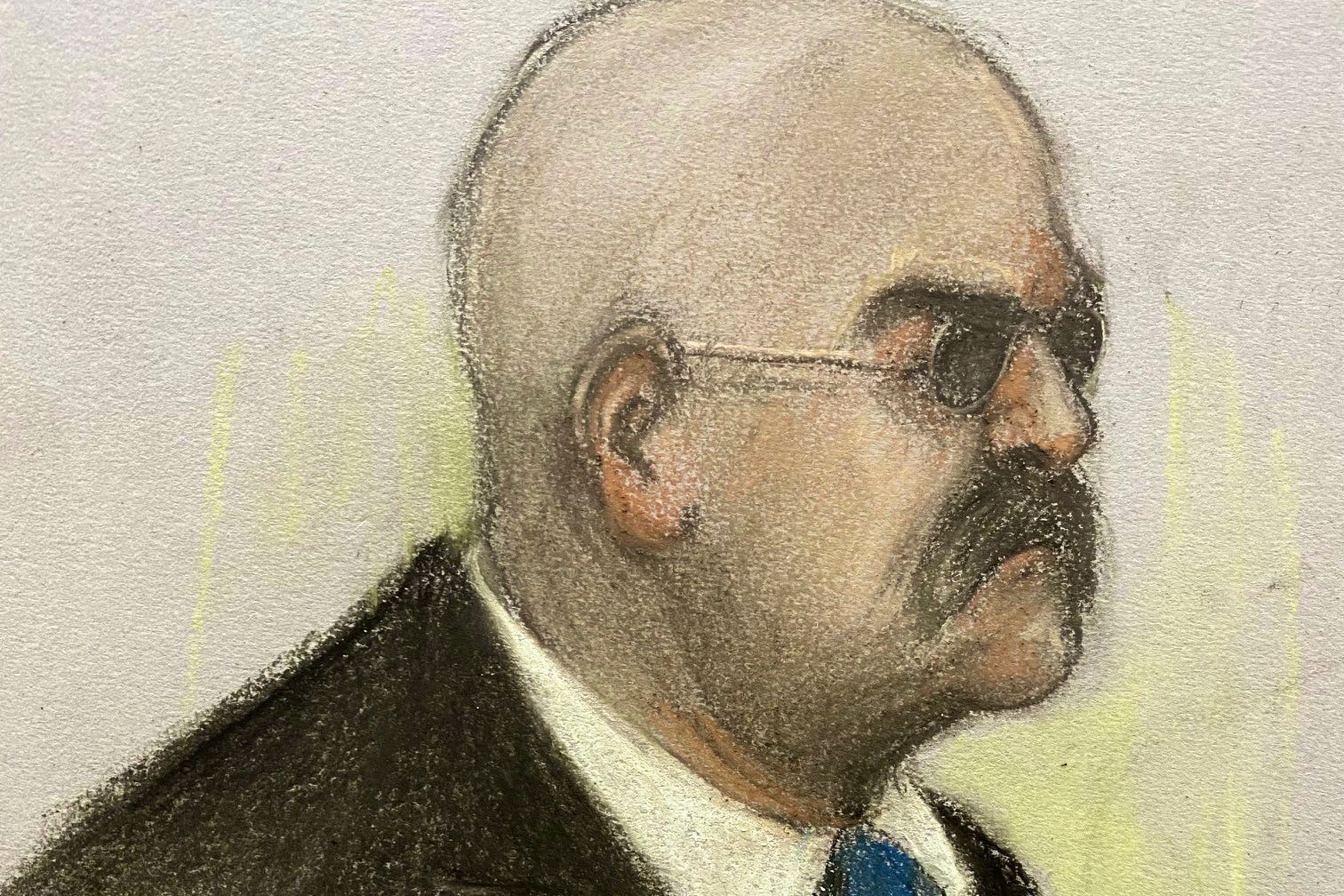
They filed for divorce prior to her unrelated death in July 2019, which was ruled a drug overdose by a coroner during an inquest attended by Bronson via videolink.
The parole hearing heard the 70-year-old has spent much of his time in prison in solitary confinement. The panel heard how he is locked in his cell for 23 hours a day, and is allowed to leave for just one hour for exercise and other activities due to prison staff shortages. He is in a unit of eight inmates, and has time out of his cell with three others, one of whom he does not like and avoids.
Bronson has also been involved in many bizarre incidents during his decades years behind bars. He described one incident, where he covered his naked body in Lurpak before facing prison guards, as the “rumble of my life”, adding: “It was f****** brilliant.”

Among incidents discussed during the parole proceedings, the Parole Board heard in 2015 he threw his own faeces at a prisoner and threatened to stab him because he called him an old-age pensioner and a nobody.
Bronson also told how he went through a “phase” where he “couldn’t stop taking hostages” and it was his way of “getting back” while “battling against the system.”
Jurors also heard how, despite his crimes, Bronson receives letters in jail from 500 people.
Bronson claimed to be “almost an angel” compared with his old self, and asked jurors to let him out of prison. “I have not walked on grass for over 30 years and I dream of walking on grass,” he said.
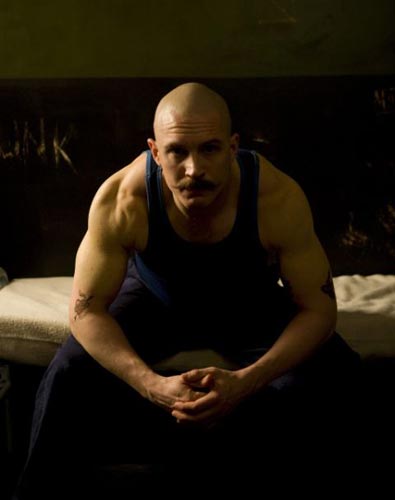
He said he felt remorse for taking art teacher Phil Danielson hostage, but not the governor of Hull prison Adrian Wallace, or three Iraqi inmates he held at Belmarsh. He said he was not ashamed of his protests when he climbed on to prison roofs.
While he used to find violence “cathartic”, he has since sought solace in his art and practises “deep breathing” to cope with negative feelings, and he now professes to be “anti-crime” and no longer violent.
In a plea to the Parole Board, he said it is his 95-year-old mother’s “last dream on this planet” to see him released from prison and “making an honest living with my art”.
But on Thursday, March 30, Bronson learned the Parole Board had refused his bid for freedom and so he will remain behind bars - for now.







